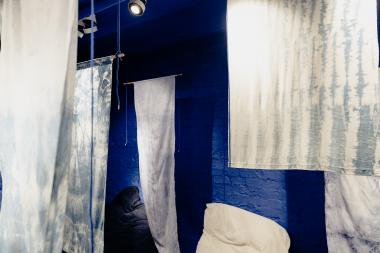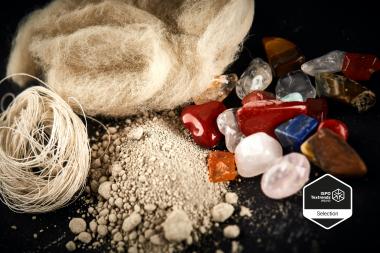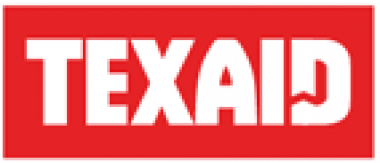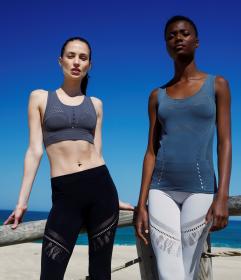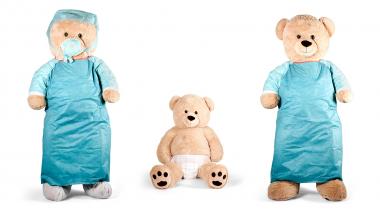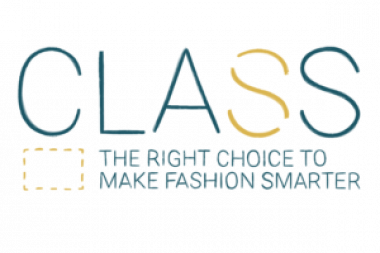Hohenstein invests 1.3 million Euro in Sizekick
Aim: Reducing returns and thus increasing sustainability in fashion e-commerce
Hohenstein, a global market leader in apparel sizing and fit development, has invested in AI technology startup, Sizekick. The collaboration will enable accurate decisions on apparel size, improving online shopping experiences, reducing returns and preventing the associated CO2 emissions.
Hohenstein’s 1.3 million Euro investment in the 2022 startup will drive growth in the Sizekick team and enable the 2023 launch of its smartphone app for online shoppers. The technology will enable online shoppers to find the right clothing size in a few seconds via smartphone.
Sizekick puts an end to unnecessary size-related returns in fashion online retail. The Munich-based company uses artificial intelligence and computer vision technology to recommend the right clothing size to customers in partner web stores. With the help of the integrated Sizekick software and a smartphone, anyone can find the right size in a few seconds. Fashion and sports brands, but also multi-brand stores or marketplaces can integrate the "Sizekick Button" in their online store. Sizekick offers its solution as Software-as-a-Service (SaaS).
"The strategic partnership with Hohenstein enables us, as a new AI solution, to meet the high demands of the market right at the start and to take on the role of technology leader. Our artificial intelligence is already learning thanks to the comprehensive Hohenstein database of 3D body scans. This is an extremely big advantage for our AI," highlights Jake Lydon, CTO at Sizekick.
Hohenstein









